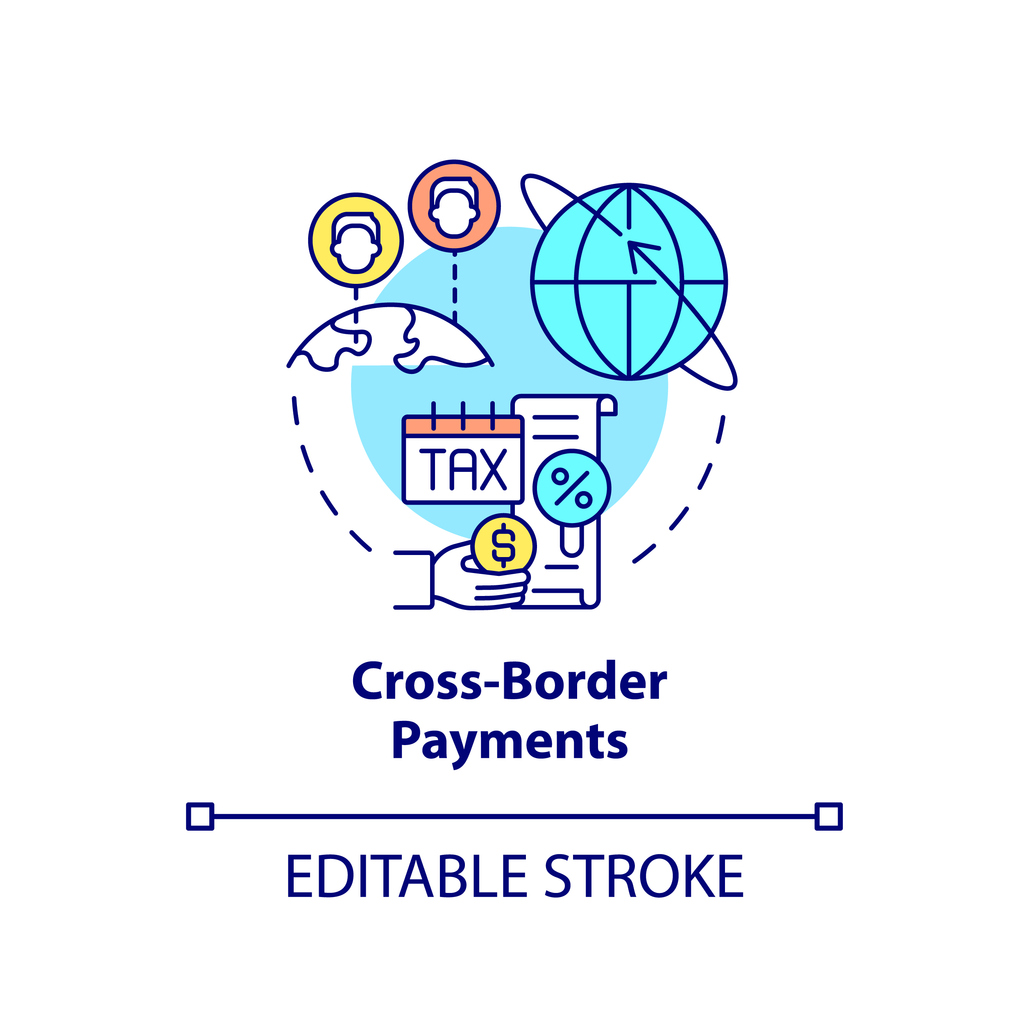Registering a UK Company Branch in Ghana: A Complete Guide for Investors
Expanding into West Africa is becoming a strategic priority for many UK businesses, and Ghana stands out as one of the most stable and business-friendly destinations on the continent. Registering a UK company branch in Ghana opens doors to growing demand across FMCG, manufacturing, commodities, hospitality, and wholesale distribution.
But understanding the process, legal framework, and operational requirements can be challenging—especially for companies entering the market for the first time. This guide explains everything UK organisations need to know, and how Wigmore Trading can support your expansion with dependable import, export, sourcing, and distribution solutions across Ghana.
Why Register a UK Company Branch in Ghana?
Establishing a branch in Ghana gives UK firms several strategic advantages:
-
Direct access to West Africa’s fast-growing consumer markets
-
More control over trade operations, including imports, exports, and distribution
-
Ability to sign contracts locally, hire employees, and acquire property
-
Improved trust with Ghanaian buyers, distributors, and government bodies
-
Eligibility for incentives under Ghana Investment Promotion Centre (GIPC) depending on your sector
Many international firms choose a branch instead of a subsidiary to maintain the UK headquarters as the primary legal entity while operating fully in Ghana.
Legal Requirements for Registering a Branch in Ghana
Branch registration is managed by the Registrar General’s Department (RGD). The following documents and steps are required:
1. Name Approval
Your UK company name must be submitted to the RGD for approval.
If the name already exists or is too similar, you’ll need to propose an alternative.
2. Submit Corporate Documents
These typically include:
-
Certificate of Incorporation (UK)
-
Certificate of Good Standing
-
Memorandum & Articles of Association
-
Board Resolution authorising the branch
-
Details of directors and UK office location
Documents must be notarised and sometimes apostilled.
3. Appoint a Local Manager
Every foreign branch in Ghana must designate a local authorised representative who is responsible for compliance.
4. Capital Requirements
Foreign companies must comply with GIPC minimum capital requirements, which vary by sector:
-
Trading companies: USD 1 million minimum capital
-
Non-trading service firms: USD 500,000
-
Joint ventures with Ghanaian ownership: lower thresholds
Wigmore Trading can help guide you on the right structure depending on your operational goals.
5. Tax Registration
The branch must register with the Ghana Revenue Authority (GRA) for:
-
Tax Identification Number (TIN)
-
Corporate Tax
-
VAT (if applicable)
6. GIPC Registration (Where Required)
To access investment incentives or operate in regulated industries, foreign companies must register with the Ghana Investment Promotion Centre.
Timeline and Costs of Registration
Typically, registration takes 2–6 weeks depending on the availability of documents and approvals. Costs include:
-
RGD filing fees
-
Notarisation and apostille fees
-
GIPC registration fees
-
Capital deposit proof (for trading entities)
Wigmore Trading can help streamline vendor sourcing, logistics, and compliance preparations, ensuring your branch is operational faster and with fewer delays.
Operating a UK Company Branch in Ghana: What to Expect
Once registered, your branch must comply with:
-
Annual returns filing
-
Local tax obligations
-
Immigration requirements for expatriate staff
-
Compliance with sector-specific regulations
Many UK companies operate in Ghana primarily for import, distribution, and wholesale trading. This is where Wigmore Trading provides end-to-end support—from sourcing UK or global products to delivering them across Ghana and West Africa.
How Wigmore Trading Supports UK Companies Expanding to Ghana
As a long-established supplier, distributor, and logistics partner across Africa, Wigmore Trading offers practical support throughout your market entry journey, including:
Supply Chain & Logistics
-
Reliable shipping from the UK to Ghana
-
Customs clearance support
-
Warehouse and last-mile distribution
Product Sourcing & Export
-
UK-made FMCG, food, beverages, toiletries, and household goods
-
Wholesale supply for retailers, distributors, hotels, and supermarkets
Market Intelligence & Local Support
-
Guidance on product demand, pricing, and retail behaviour
-
Assistance in navigating documentation and regulatory expectations
Whether you are setting up a trading arm or expanding your global supply chain, Wigmore Trading provides a dependable foundation for growth.
Contact Wigmore Trading today to streamline your sourcing and distribution into Ghana.








Comments are closed.